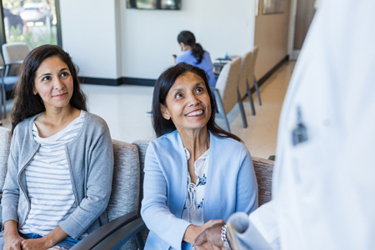Emotional Vs. Rational Decision-Making In Clinical Trials

When patients consider joining clinical trials, we often assume their decisions are logical—balancing risks and benefits. In reality, emotions like fear, hope, trust, and personal history play a far greater role. Here we explore the two key systems of thought that are often combined in making health decisions, the intuitive/emotional (System 1) and rational/analytical (System 2).
Fear is often a patient's first reaction and it cannot be soothed by facts alone. Once fear is acknowledged, hope may follow: for new treatments, better outcomes, or contributing to future cures Trust is the emotional currency of participation—trust in providers, institutions, and the process. Without it, rational arguments fall flat. Healthcare professionals can either alienate patients with clinical detachment or build bridges through empathy and emotional presence. Designing emotionally intelligent trial experiences means validating feelings, balancing optimism and realism, sharing peer stories, and supporting decision regret minimization.
Ultimately, participation decisions are not purely intellectual—they are deeply personal. The question isn’t just “Will this patient enroll?” but “Does this patient feel understood and supported enough to decide with confidence and clarity?” Supporting both heart and mind is key to ethical, effective trial engagement.
Get unlimited access to:
Enter your credentials below to log in. Not yet a member of Clinical Leader? Subscribe today.
